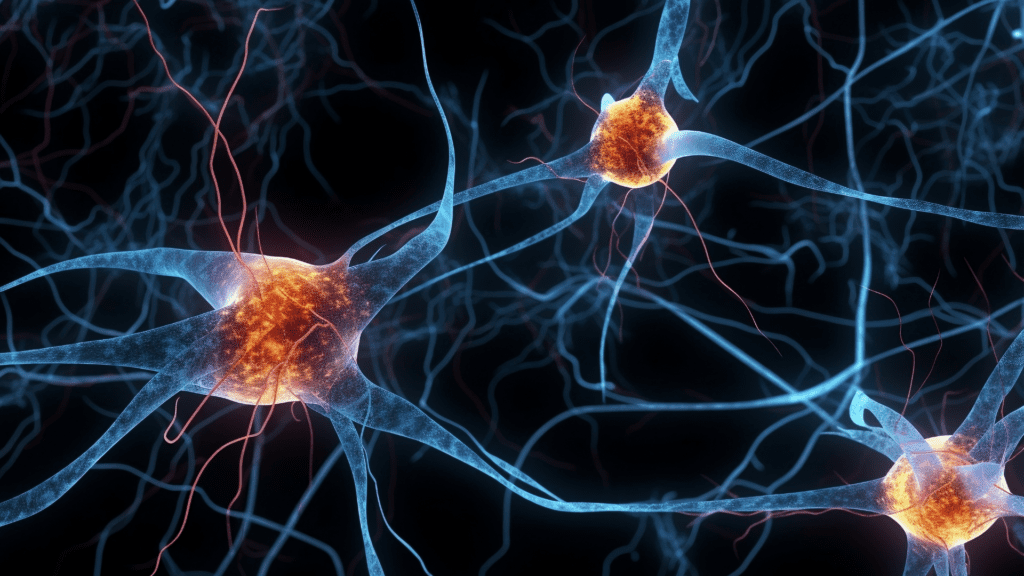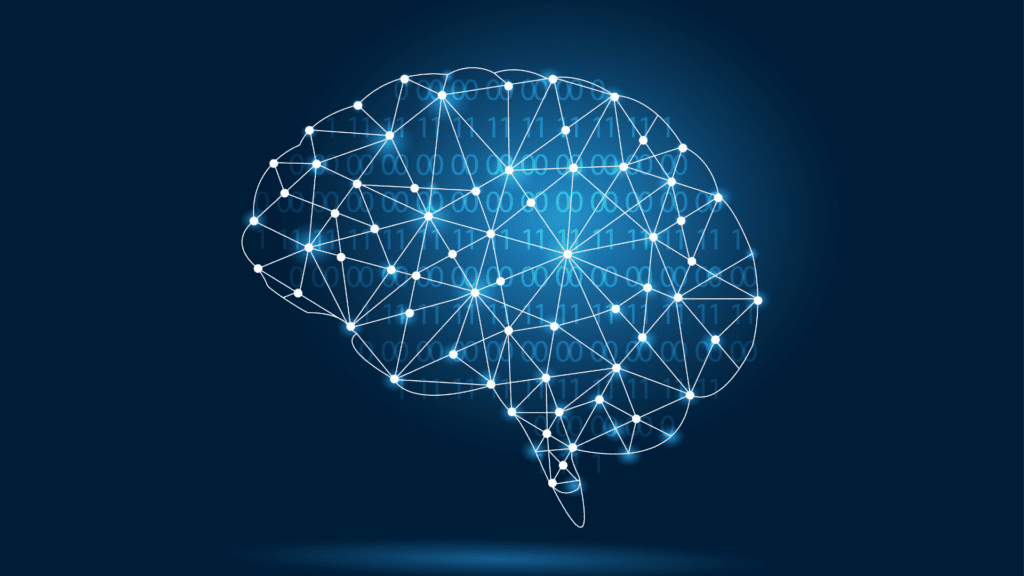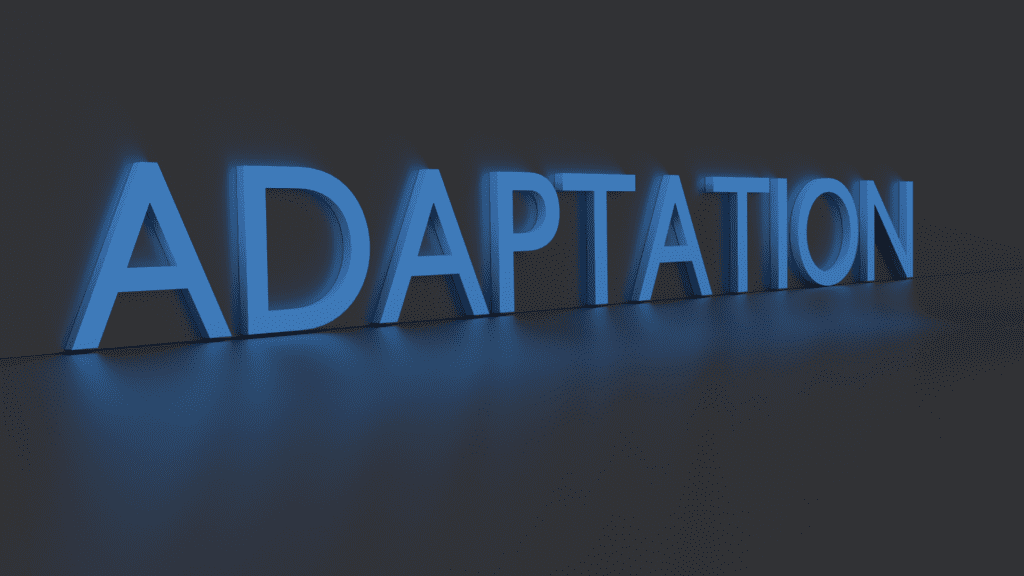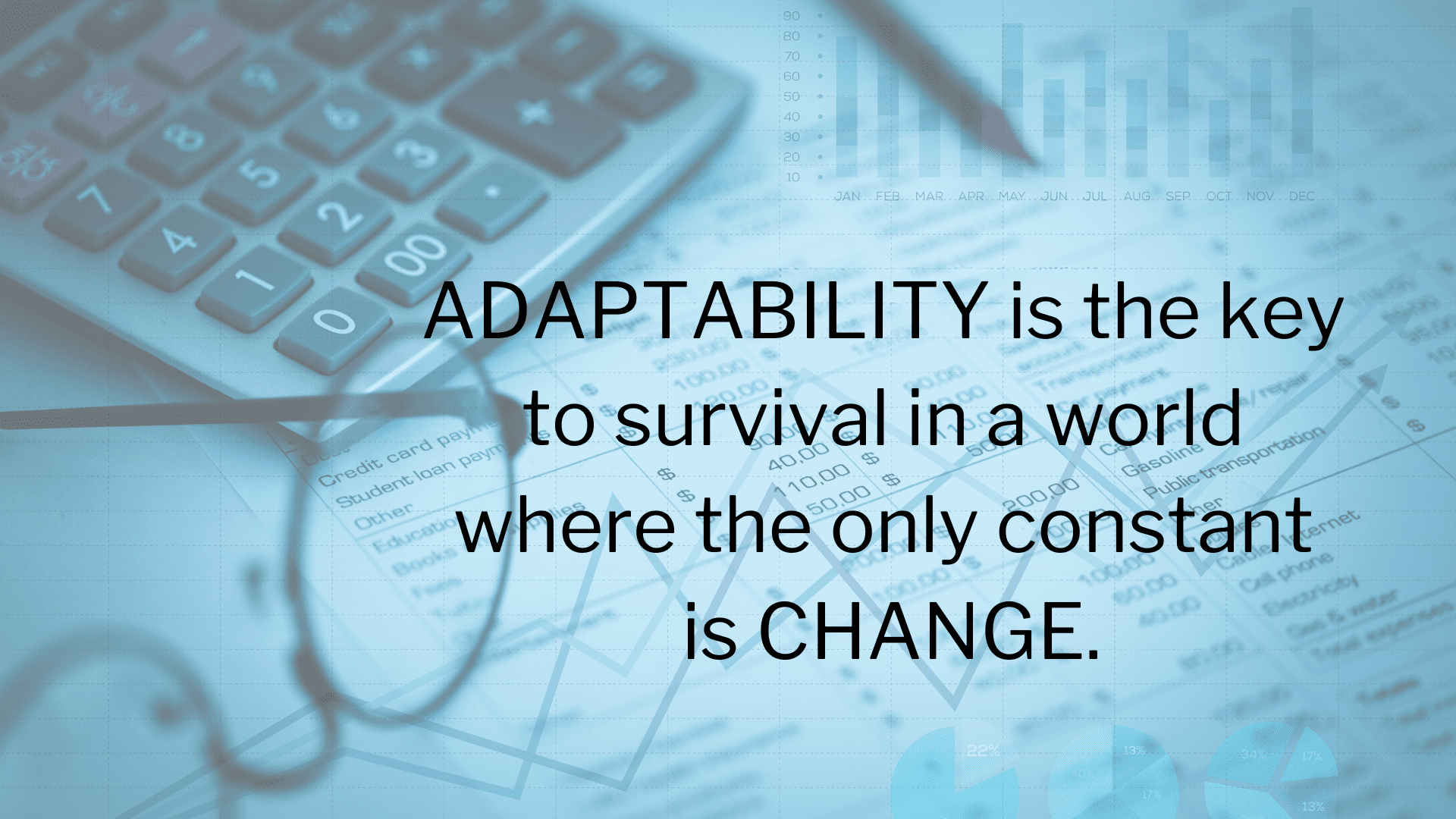The human brain is an extraordinary organ that continuously develops and adjusts itself based on experiences and environmental triggers. This process, referred to as brain adaptation, holds significant importance in fields like coaching and personal growth. Having knowledge about the science of brain adaptability greatly improves coaching results for both professionals and clients. This ongoing mechanism allows individuals to adapt to new situations and difficulties more effortlessly compared to those with a fixed mindset.
In this blog post, we will examine how brain adaptation works, its impact on coaching methods, and the effectiveness of using this knowledge to develop better strategies for growth and long-term success. Join us as we uncover the intricate connection between neuroscience and coaching, sharing insights that can revolutionize our approach to personal and professional advancement.
What is Brain Adaptation and Its Significance in Positive Change?
The ability to adapt, both physically and mentally, is a crucial factor in enduring positive change. It refers to the brain’s ability to rewire and reorganize itself in reaction to new experiences and learning. This process is vital for making lasting changes in behavior, habits, and thought patterns. By combining the expertise of elite life coaching with neuroscience, individuals can leverage their brains’ natural means for adaptation, creating sustainable and transformative personal growth. The integration of these disciplines allows for a comprehensive approach that maximizes the potential for positive change and long-term success.
Understanding Enduring Change
Enduring change is not merely a temporary shift in behavior; it is a profound transformation that becomes ingrained in one’s lifestyle. The journey to achieving such change often involves navigating various psychological and physiological barriers. Central to this process is brain adaptability, where the brain rewires itself to support long-term behavioral and emotional changes. By leveraging insights from neuroscience, individuals and coaches can better understand the mechanisms underlying change and tailor their approaches for maximum effectiveness.

The Role of Neuroscience in Change
Neuroscience plays a pivotal role in understanding how individuals think, feel, and act. By investigating brain structures, neural pathways, and biochemical processes, scientists have uncovered significant insights about motivation, learning, and habit formation. These insights provide a scientific framework that can inform elite coaching practices, leading to strategies that are not only effective but also sustainable through brain adaptability.
The Why: Neuroscience Fundamentals
Brain Function and Behavior
The brain is a complex organ responsible for regulating emotions, thoughts, and actions. Understanding its functions is crucial for anyone aiming for personal development. Cognitive processes, like decision-making and problem-solving, are governed by specific regions of the brain, such as the prefrontal cortex, which is responsible for planning and impulse control. Recognizing which areas are engaged during certain behaviors allows for targeted interventions that can facilitate change and improve brain adaptability.
Neuroplasticity Explained
One of the most exciting aspects of neuroscience is neuroplasticity—the brain’s ability to reorganize itself by forming new neural connections throughout life. Neuroplasticity means that change is not only possible but expected. It allows individuals to learn new skills, adapt to new environments, and recover from injuries. This highlights the crucial role of brain adaptability in reshaping neural pathways for improved mental and emotional functioning.
Coaches can leverage this phenomenon by designing strategies that promote positive habits and dismantle negative thought patterns, thereby fostering enduring change. While many traits and tendencies are inherited, the brain’s neuroplasticity allows for adaptability to inherited patterns, enabling individuals to reshape their default behavior and emotional triggers. This adaptability also stems from evolutionary adaptation, where the human brain has evolved to reshape itself in response to environmental challenges, ensuring survival and progress.
Brain Chemistry and Its Impact
The brain operates through a complex interplay of neurotransmitters—chemicals that facilitate communication between neurons. Dopamine, serotonin, and cortisol are critical players in how we experience motivation, happiness, and stress. Understanding these chemicals can guide coaching techniques to enhance motivation and resilience. For instance, strategies that boost dopamine levels can improve focus and drive, while approaches that stabilize cortisol can mitigate stress and anxiety. Harnessing these neurochemical processes can support brain adaptability, fostering more positive emotional and behavioral alterations.

Enhancing Adaptation Through Repetition and Habit Formation
Repetition is one of the key components of brain adaptability. The more frequently we engage in a particular behavior, the stronger the neural pathways associated with that behavior become. This principle is especially important in coaching and personal development, as clients often need to practice new skills repeatedly to establish them as habits. Brain adaptability allows these new behaviors to become second nature over time, replacing old habits that may have been limiting personal growth.
In fact, research shows that it takes an average of 66 days to form a new habit. This is where a coach’s role becomes invaluable, helping clients stay consistent and accountable while providing the tools and strategies necessary for long-term success. Neuroscience has revealed that the more frequently a behavior is practiced, the more deeply ingrained it becomes in the neural circuitry of the brain. This process is referred to as long-term potentiation, which strengthens synaptic connections, making the new behavior easier to perform and less cognitively demanding over time.
How Brain Adaptation Affects Motivation and Goal Achievement
Possessing a flexible mindset also affects the way individuals set and achieve goals. When a person repeatedly visualizes a goal and takes small, consistent steps toward it, the brain’s neural pathways are rewired to support those goals. Visualization techniques, for instance, can stimulate the brain’s mirror neurons, which allow individuals to mentally rehearse actions and outcomes. Over time, this mental practice leads to brain adaptability, making it easier to execute the behaviors needed to achieve goals.
Creating Sustainable Change
Creating sustainable change goes beyond the immediate benefits of coaching. It involves embedding new habits into daily routines and ensuring that positive changes are maintained over the long term. This process often includes regular check-ins, reinforcement of learning, and adaptive strategies to tackle setbacks. These consistent practices encourage ongoing adaptation, helping to embed new habits into daily life through brain adaptability. Coaches who have been trained in cognitive and behavioral neuroscience, can employ techniques such as habit stacking—building new habits on existing ones—to make the transition smoother and more achievable for clients.

The Role of Emotional Regulation in Brain Flexibility
Emotional regulation plays a critical role in brain flexibility, particularly when facing challenges or setbacks. Emotions such as stress and anxiety can hinder progress, making it difficult to maintain focus and motivation. Coaches who understand the neuroscience behind emotional regulation can guide their clients through emotional hurdles by employing techniques like cognitive reappraisal—a method that involves changing the way a situation is perceived to alter its emotional impact.
By helping clients develop healthier coping mechanisms for stress and emotional triggers, I facilitate brain adaptability and brain adaptation, that promotes resilience. This emotional flexibility is essential for enduring personal growth and helps individuals maintain progress in the face of adversity.
Concierge Technique: A Unique Approach
The Concierge Technique is a transformative framework I developed over two decades ago, blending personalized coaching with the latest neuroscience principles. Unlike conventional approaches, I serve as a dedicated guide for each client, carefully navigating their unique journey and tailoring interventions to meet their specific challenges and goals.
What truly sets this technique apart is the unparalleled level of access clients have to me, often involving daily contact. This constant availability has unequivocally made a remarkable difference in the outcomes my clients achieve. Daily communication fosters a deeper understanding of each client’s needs, allowing me to provide real-time feedback, support, and adjustments to strategies as challenges arise. It’s this ongoing, personalized connection that accelerates progress and ensures clients stay accountable, engaged, and motivated.
By integrating brain adaptation into these daily interactions, I ensure that new behaviors and habits are not only adopted but reinforced continuously until they become deeply ingrained and sustainable. This level of commitment and personalization builds a strong coach-client relationship, allowing for a more profound, lasting transformation that goes beyond traditional coaching methods.
Addressing Stubborn Areas of Struggle
Many individuals encounter persistent obstacles that resist change, often due to deeply ingrained habits or limiting beliefs. The Concierge Technique emphasizes a deep-dive analysis of these areas, utilizing neuroscience to decode the cognitive and emotional factors at play. By employing targeted strategies such as cognitive restructuring and emotional regulation techniques, coaches can help clients address these stubborn challenges in a systematic and empathetic manner.
The Science of Brain Adaptation in Overcoming Limiting Beliefs
Limiting beliefs are one of the most common barriers to personal growth. These deeply ingrained beliefs often stem from childhood experiences or repeated negative feedback and can hinder one’s ability to pursue new opportunities. However, a flexible and adaptable outlook can help individuals challenge and reframe these beliefs. Neuroplasticity research shows that when individuals repeatedly question and replace negative thoughts with positive affirmations or evidence-based truths, the brain begins to create new pathways that support a healthier, more optimistic outlook. Now how amazing is this adaptation!
This reprogramming of the brain helps eliminate self-doubt and encourages clients to take bold steps toward their goals. Coaches who are familiar with the neuroscience of belief formation can guide clients through this process, facilitating the mental shifts necessary for personal transformation. This process of brain adaptability is key in dismantling the barriers that prevent individuals from reaching their full potential.
Success Stories and Case Studies
Real-world applications of the Concierge Technique have yielded remarkable results. For instance, a professional athlete struggling with performance anxiety with whom I worked closely with employed this method. By integrating visualization techniques and singular coaching practices that are based on neuroscience principles, this client was able to transform anxiety into a focused energy during competitions.
This is a direct example of behavioral adaptation in action, where the brain’s rewiring led to improved performance and reduced anxiety. Similarly, corporate executives I have treated facing burnout, benefited from personalized sessions that prioritized self-care and mental resilience, significantly improving their overall performance and job satisfaction.

The Key Factor: Customized Methods, Ongoing Assistance, Impressive Results
The need to incorporate neuroscience into therapeutic methods is highlighted by the impressive flexibility of the human brain. However, it is not solely about comprehending the brain but also about providing a tailored blend of advanced coaching and round-the-clock support to ensure enduring transformation. My strategy merges cutting-edge neuroscience-driven coaching methods with an exclusive, top-tier service. This enables me to devote substantial, personalized care to a limited clientele.
By limiting the number of clients I work with, I’m able to offer around-the-clock support, ensuring my clients are never left to navigate their transformation journey alone. Whether they encounter challenges, need real-time guidance, or seek feedback, I am available to provide the insight and tools they need. This 24/7 support means my clients are always moving closer to their goals and desired changes—without worrying about setbacks.
This integration of neuroscientific principles, personalized high-level coaching, and unmatched accessibility allows for an approach that is not only comprehensive but also uniquely positioned to drive sustainable success. Through continuous guidance, my clients are empowered to make meaningful changes that last a lifetime.
Adaptability #Neuroscience #Neuroplasticity #BrainHealth #MentalResilience #CognitiveFlexibility #BrainScience #MindsetMatters #GrowthMindset #Resilience #EmotionalIntelligence #BehavioralChange #BrainPower #SelfImprovement #LifeLongLearning #PersonalDevelopment #Mindfulness #StressManagement #CognitiveScience #Psychology






